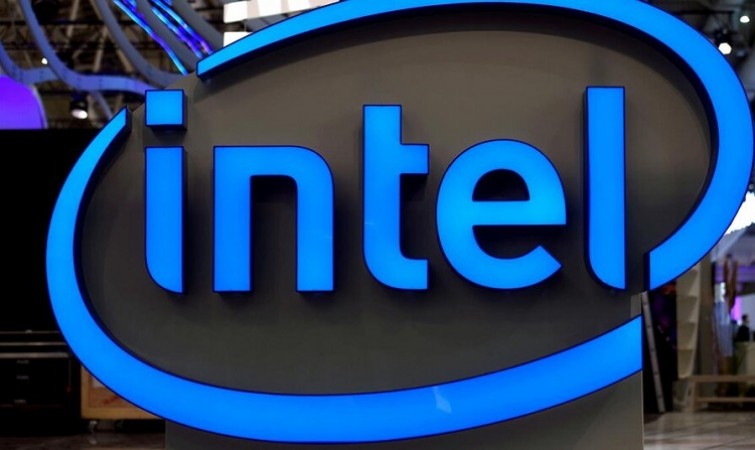
Intel and Tower Semiconductor have mutually decided to terminate their proposed $5.4 billion deal due to challenges in obtaining timely regulatory approvals. The termination follows the companies' inability to secure necessary regulatory clearances, as indicated in their joint announcement.
According to a statement released by the involved parties, Intel will compensate Tower Semiconductor with a termination fee totaling $353 million. The acquisition plan had been set in motion last year, with Intel's intention to acquire Tower Semiconductor. Notably, there are no specifics divulged concerning the reasons behind the regulatory holdup, as reported by Reuters.
Initial reports of the deal's cancellation emerged from Reuters. The news agency noted that Intel intended to withdraw from the arrangement upon contract expiration due to the absence of regulatory consent from China.
Tower Semiconductor communicated its perspective on the matter through a statement: "After careful consideration and thorough discussions and having received no indications regarding certain required regulatory approval, both parties have agreed to terminate their merger agreement having passed the August 15, 2023 outside date."
Intel's CEO, Pat Gelsinger, conveyed his efforts to gain the approval of Chinese regulators for the Tower acquisition. He recently visited China to engage with government officials on the matter. Gelsinger emphasized that Intel remains committed to enhancing its foundry division, responsible for producing chips for external entities, regardless of the status of the Tower deal.
This situation highlights how geopolitical tensions between the United States and China, encompassing trade, intellectual property, and geopolitical considerations like Taiwan's future, have permeated corporate transactions, particularly within the technology sector.
A parallel incident unfolded last year when DuPont De Nemours Inc abandoned its $5.2 billion bid to acquire electronics materials manufacturer Rogers Corp due to delays in obtaining approval from Chinese regulatory bodies.
In June of this year, Israeli Prime Minister Benjamin Netanyahu announced Intel's agreement to invest $25 billion in a new factory in Israel. This move represents the largest foreign investment ever recorded in the country. The facility, slated to commence operations in 2027 and continue until at least 2035, will provide employment for thousands in Kiryat Gat. The Finance Ministry of Israel indicated that the agreement entails Intel paying a 7.5 percent tax rate, an increase from the current 5 percent.
During the second quarter, Intel's foundry business demonstrated robust performance, generating $232 million in revenue compared to $57 million in the previous year. This success can be attributed to "advanced packaging," a technique that enables Intel to integrate components from other chip manufacturers, resulting in more potent chips. Intel's chip demand has cooled after a two-year surge driven by pandemic-induced remote work, prompting the company to focus on cost reduction. The company's goal involves reducing costs by $3 billion within the current year and achieving total savings ranging from $8 billion to $10 billion by the end of 2025.
"Daily Savings" is "The AI-PoweHey red App That Is Bringing Investments To The Masses"
Mastering Financial Wealth Management: Your Path to Fiscal Success